Speaking at the discussion, delegate Vuong Thi Huong said that AI is becoming the cutting-edge technology of the 4.0 industrial revolution, opening up many great opportunities for socio-economic development, but also posing many challenges in terms of management, ethics and safety that current legal regulations do not fully cover. Delegates agreed on the need to promulgate the Law on Artificial Intelligence project to create a legal environment, breakthrough in the development of artificial intelligence, promote innovation, enhance national competitiveness, and at the same time manage risks, protect national interests and human rights.
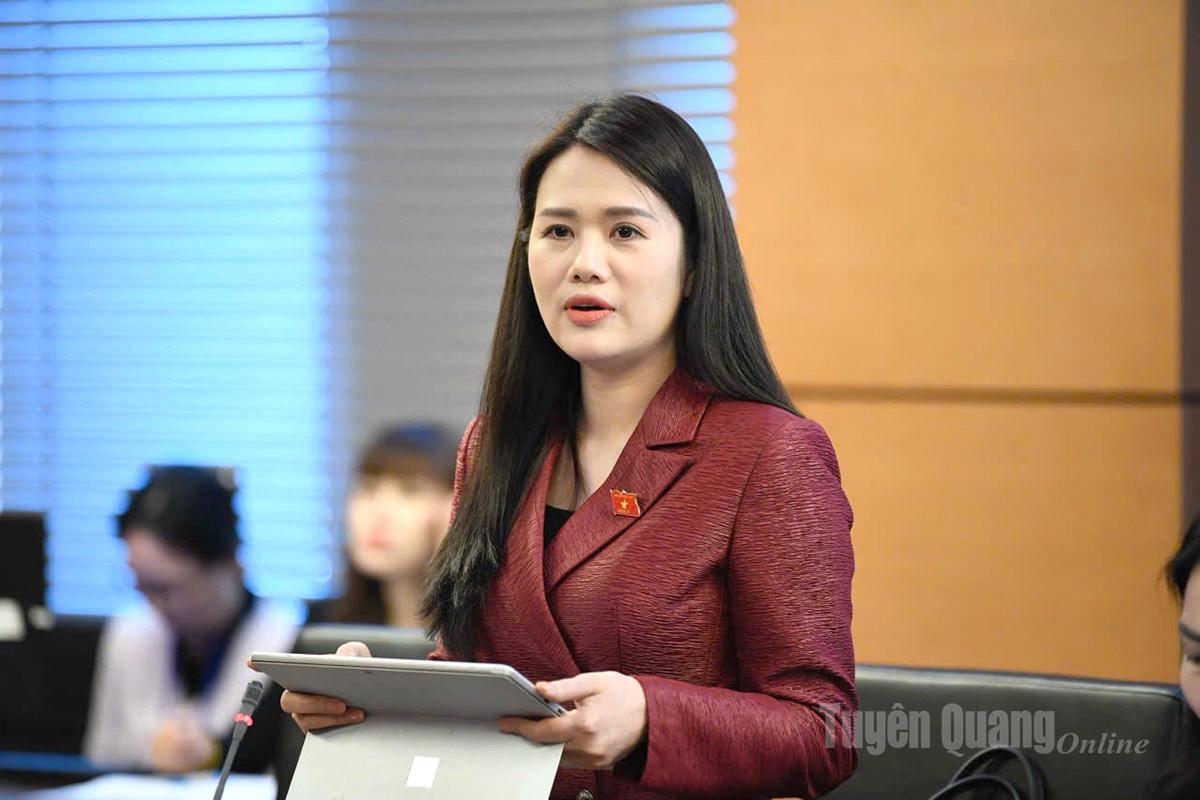 |
| Delegate Vuong Thi Huong speaks during the discussion. |
Regarding the scope of regulation and subjects of application, the delegate emphasized that this is a fundamental provision, determining the subjects and scope of impact of the entire law. The scope of regulation of the Law regulates the activities of "research, development, provision, deployment and use" of artificial intelligence systems, however, the subjects of application of the Law only mention organizations and individuals with activities of "development, provision, deployment and use" of artificial intelligence systems and do not mention "research" activities. This may lead to the understanding that entities conducting pure research on artificial intelligence, although certain risks may arise, are not within the scope of regulation of the Law. The delegate proposed adding the phrase "research" to Article 2 to ensure consistency with Article 1 .
Regarding the interpretation of the term “ Open source general-purpose artificial intelligence model” . According to the draft, the open model is released under a license that allows organizations and individuals to freely access, use, modify and redistribute core components, including source code, model parameters and training data. Delegates recommended clarifying the content of the open source model license, clearly defining the license as the original license issued by the model owner; Vietnamese law only regulates the management framework, does not replace, expand or adjust the intellectual property rights of the right holder. In case of modifying, integrating or redistributing the model beyond the provisions of the original license, there must be written approval from the right holder.
Regarding the Policy on developing the ecosystem and artificial intelligence market, the delegate said that in the context of rapid AI development, if the term "new generation artificial intelligence system" is not clearly defined, it will be difficult to identify priority subjects and beneficiaries of support policies; difficult to determine the scope of risk management; difficult for state agencies to develop appraisal and approval criteria... The delegate suggested adding an explanation of the term, clarifying the concept of "New generation artificial intelligence system".
Regarding the concept and responsibility of the developer of a general-purpose artificial intelligence model. The delegate said that this provision is consistent with the current practice of AI development, and it is necessary to clearly define the responsibility between the model developer and the application developer to avoid overlapping legal responsibilities. However, the draft law only states that the developer is responsible for "basic transparency" but does not explain what basic transparency is, what enhanced transparency is, while the requirement of transparency is the foundation for assessing responsibility, safety and compliance with the law. The delegate recommended clarifying the concept and criteria of "basic transparency".
Regarding the management of high-risk artificial intelligence systems, delegates said that the draft regulations on risk classification and management have not yet clarified the agency in charge of management in each specific field. Specifically, in the health sector, if general coordination is assigned to the information technology management agency without clearly defining the role of the health sector, it may lead to overlap in appraisal, lack of uniformity in professional standards, and difficulties in managing artificial intelligence products used as medical devices or applied in medical examination and treatment. Delegates proposed to add regulations assigning the Ministry of Health to take charge of managing high-risk artificial intelligence systems in the health sector.
Regarding the responsibility for transparency, labeling and accountability, the delegate said that the draft does not cover the medical field, while this is a specific field, with high risks, directly related to people's lives and health. Currently, many AI systems are used to support diagnosis, analyze medical images, suggest treatment regimens, provide remote health care... If users do not clearly recognize that the information is created by AI, it can lead to the risk of abuse, absolute trust, or confusion with the doctor's professional instructions, causing serious medical consequences. To make it transparent for patients and doctors to know that the information is created by AI, not professional recommendations from humans, increase the responsibility for tracing and accountability when medical errors related to AI occur. The delegate proposed to add a clause after point b, clause 3, Article 9: "c". Labeling is performed on content generated by artificial intelligence systems for the purpose of alerting, supporting clinical decision-making in healthcare or performing healthcare services”.
In addition, delegate Vuong Thi Huong also contributed comments on many contents of the draft Law such as: Issuing a list of key data sets serving the development of artificial intelligence; on policies for developing the ecosystem and artificial intelligence market; clarifying the concepts of "Artificial intelligence products" and "Artificial intelligence services"...
PV
Source: https://baotuyenquang.com.vn/thoi-su-chinh-tri/202511/dai-bieu-quoc-hoi-tinh-thao-luan-tai-to-ve-du-an-luat-tri-tue-nhan-tao-ce03d26/


![[Photo] National Assembly Chairman Tran Thanh Man holds talks with President of the Senate of the Czech Republic Milos Vystrcil](/_next/image?url=https%3A%2F%2Fvphoto.vietnam.vn%2Fthumb%2F1200x675%2Fvietnam%2Fresource%2FIMAGE%2F2025%2F11%2F21%2F1763715853195_ndo_br_bnd-6440-jpg.webp&w=3840&q=75)

![[Photo] President Luong Cuong receives Speaker of the Korean National Assembly Woo Won Shik](/_next/image?url=https%3A%2F%2Fvphoto.vietnam.vn%2Fthumb%2F1200x675%2Fvietnam%2Fresource%2FIMAGE%2F2025%2F11%2F21%2F1763720046458_ndo_br_1-jpg.webp&w=3840&q=75)
![[Photo] Visit Hung Yen to admire the "wooden masterpiece" pagoda in the heart of the Northern Delta](/_next/image?url=https%3A%2F%2Fvphoto.vietnam.vn%2Fthumb%2F1200x675%2Fvietnam%2Fresource%2FIMAGE%2F2025%2F11%2F21%2F1763716446000_a1-bnd-8471-1769-jpg.webp&w=3840&q=75)
![[Photo] General Secretary To Lam receives President of the Senate of the Czech Republic Milos Vystrcil](/_next/image?url=https%3A%2F%2Fvphoto.vietnam.vn%2Fthumb%2F1200x675%2Fvietnam%2Fresource%2FIMAGE%2F2025%2F11%2F21%2F1763723946294_ndo_br_1-8401-jpg.webp&w=3840&q=75)

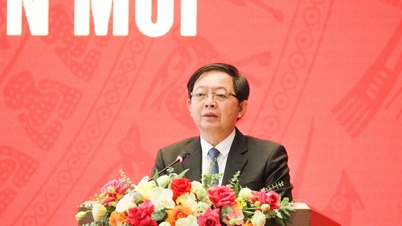

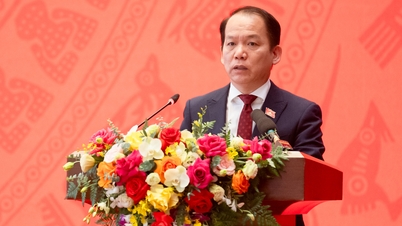

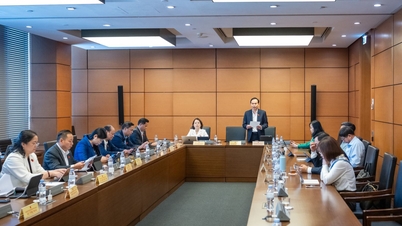

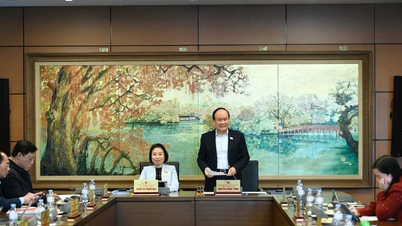
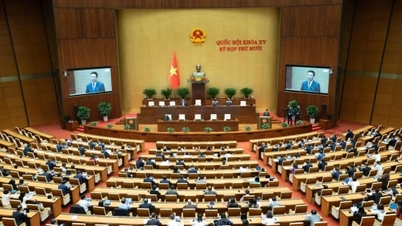

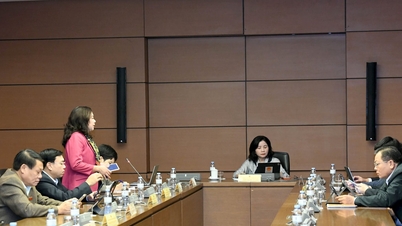




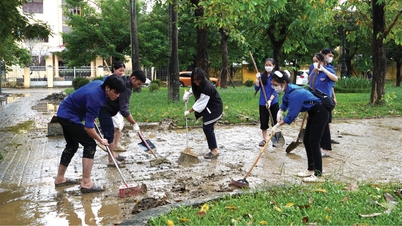





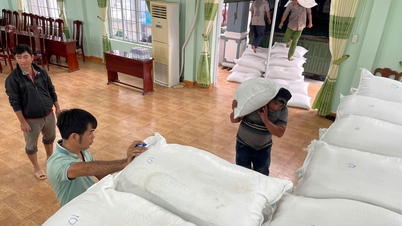




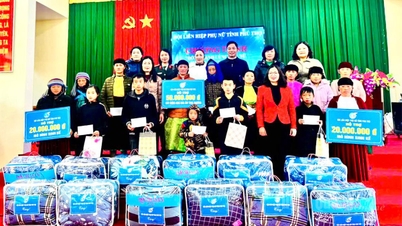

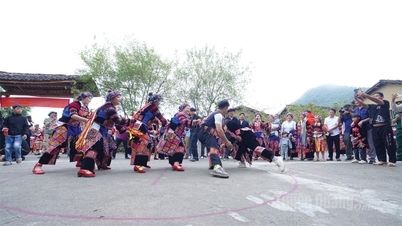

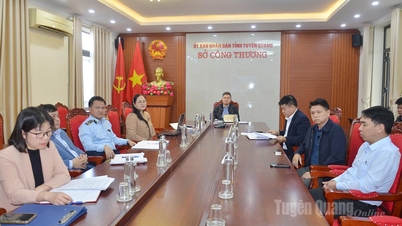
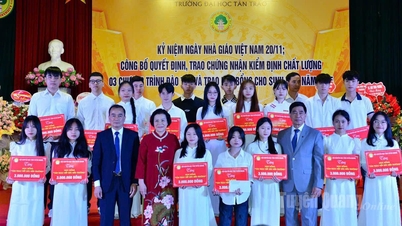




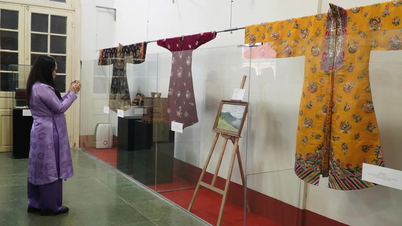
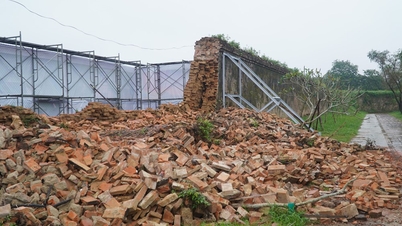

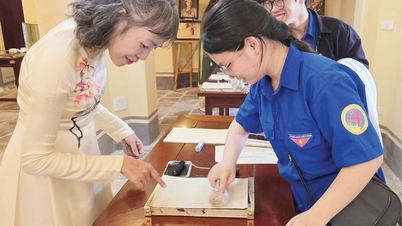






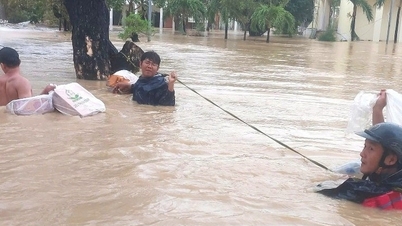





















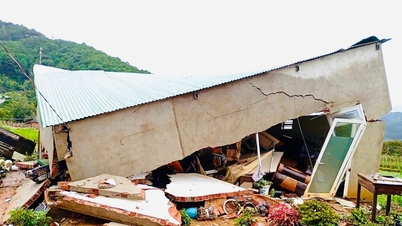


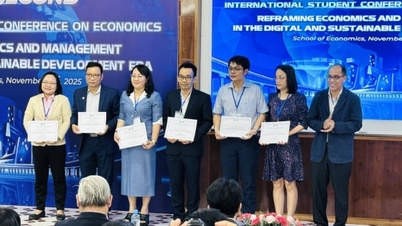


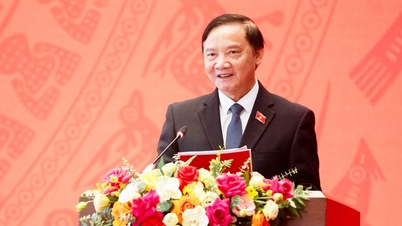


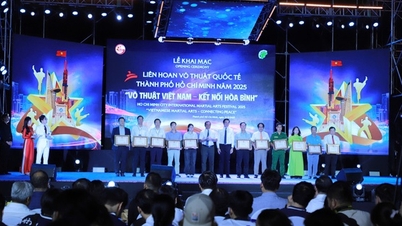

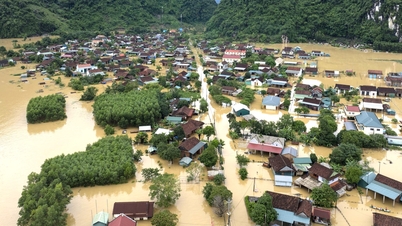



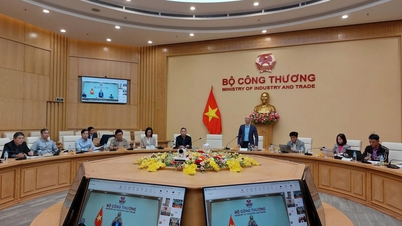
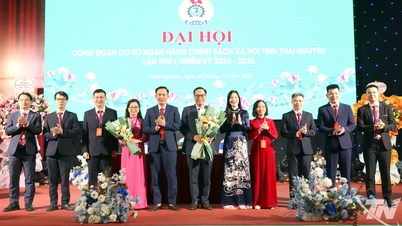

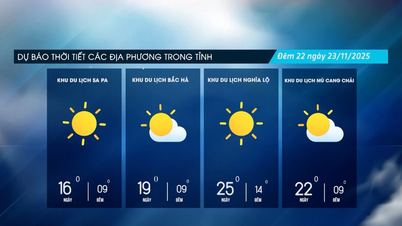


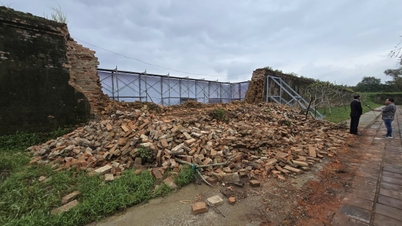












Comment (0)